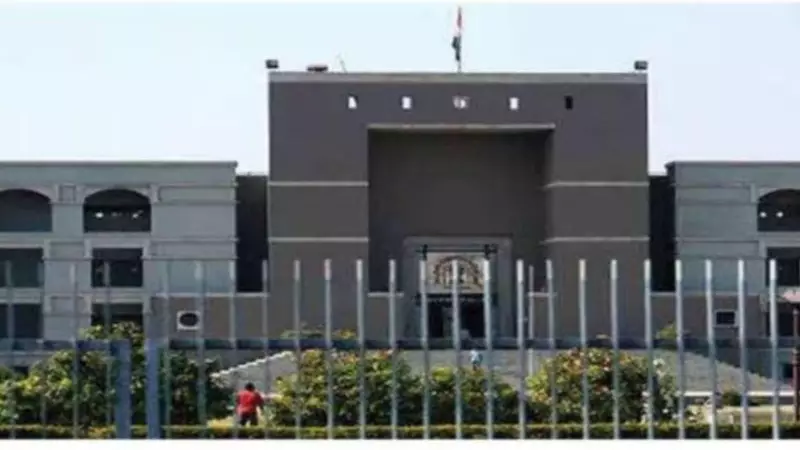
In a dramatic turn of events that highlights the complexities of child custody battles, the Gujarat High Court has stepped in to reunite a four-year-old girl with her father after the child's mother allegedly took her illegally to Kolkata.
The Court's Stern Directive
Justice Sandeep N. Bhatt of the Gujarat High Court delivered a clear verdict, ordering the immediate return of the minor child to her father's lawful custody. The court emphasized that the mother's actions constituted illegal detention of the child, overstepping the boundaries of lawful custody arrangements.
Background of the Custody Dispute
The case unfolded when the distraught father filed a habeas corpus petition, claiming his ex-wife had violated their mutual understanding regarding their daughter's custody. According to court documents, the parents had previously agreed that the father would retain primary custody while the mother would have visitation rights.
However, during one such visitation period, the mother allegedly took the child to Kolkata without the father's consent and refused to return her, prompting the legal battle that eventually reached the High Court.
Legal Implications and Court's Reasoning
The court's decision underscores several important legal principles in child custody matters:
- The paramount importance of the child's welfare in custody decisions
- The legal consequences of violating established custody arrangements
- The court's authority to intervene in cases of alleged illegal detention of minors
- The effectiveness of habeas corpus petitions in child custody disputes
What This Means for Indian Parents
This ruling serves as a crucial reminder to separated parents across India about the importance of adhering to court-mandated custody arrangements. The judgment reinforces that self-help measures and unilateral actions in custody matters can lead to serious legal consequences.
The court has set clear timelines for the child's return to Ahmedabad, ensuring the father-daughter reunion happens without unnecessary delay. The case continues to be monitored by the court to ensure compliance with its orders.





